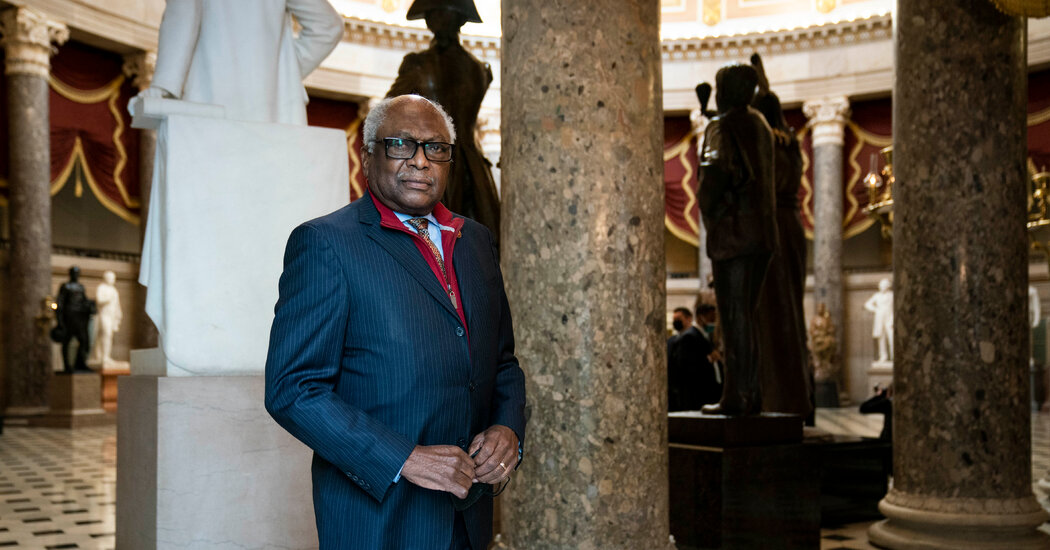
“I decided that Joe Biden needed to do something that would demonstrate a high level of respect for Black women,” he said. “What higher level of respect can there be?”
Biden campaign aides recall things slightly differently. It was Ms. Fudge, they said, who first raised the issue of making the pledge to nominate a Black woman to the Supreme Court during a meeting Mr. Biden held with members of the Congressional Black Caucus aboard the U.S.S. Yorktown in Charleston, S.C.
During the meeting, the group, which included Mr. Clyburn, had a frank conversation with Mr. Biden about the state of his campaign.
“We said, ‘If you really want to be the nominee, you’re going to have to do something dramatic,’” Mr. Thompson recalled. “If you don’t win the debate, and ultimately the Saturday primary, it’s over.”
Ms. Fudge then told Mr. Biden he needed to find a forum where he would pledge to put a Black woman on the Supreme Court. Mr. Clyburn and Mr. Thompson agreed.
“We left there with the impression that he was going to do it,” Mr. Thompson said.
Some of Mr. Biden’s advisers, however, thought making such a pledge on the debate stage would be viewed as pandering to Black voters. In a debate preparation session, Symone D. Sanders, a former top aide who is Black, said she did not think it was a good idea.
But Mr. Biden ultimately made the pledge, and Mr. Clyburn’s endorsement soon followed.
The White House has not always accommodated his requests. He originally pushed for Ms. Fudge to be nominated as agriculture secretary, but she ended up as the secretary of Housing and Urban Development.





